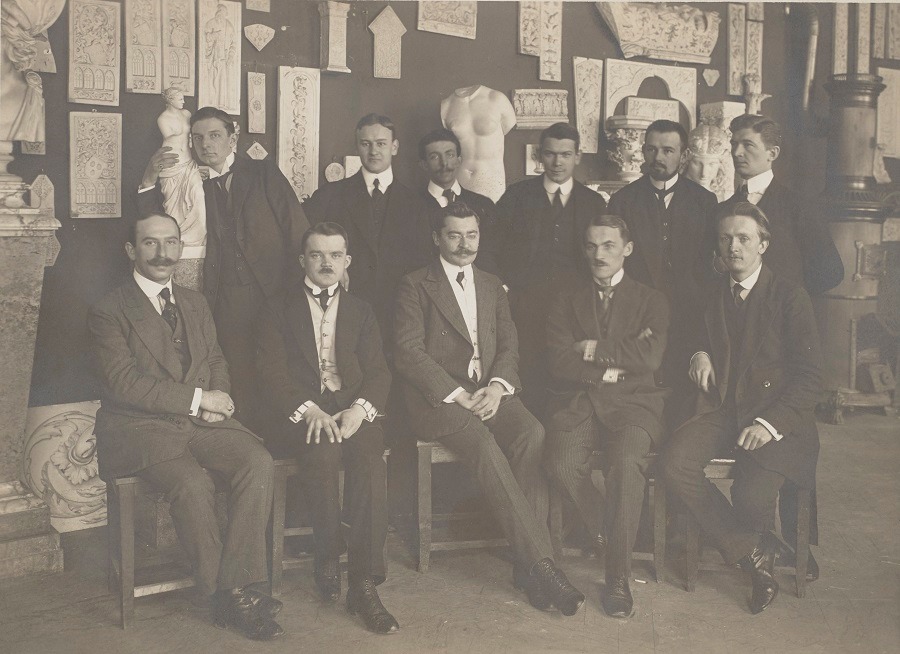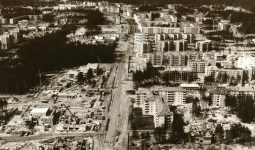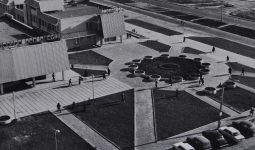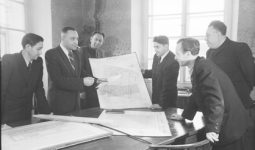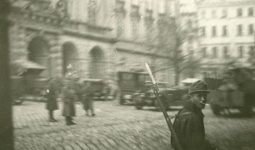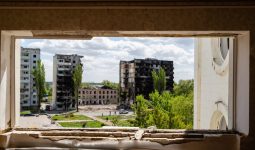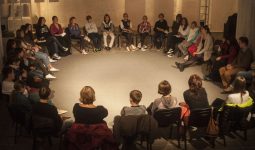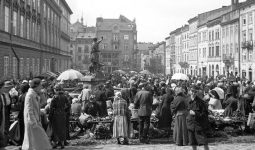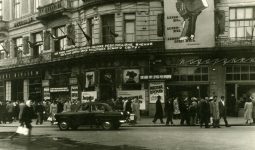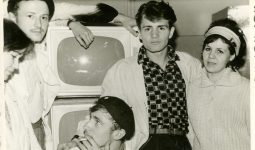Professionalization of Architecture in Habsburg Lviv
Olha Zarechnyuk
2019 – present
This study addresses the period when the profession of an architect appeared in Lviv in the modern understanding of the concept, and proposes to apply the perspective of the sociology of professions. This allows us to see architecture from the social side, as opposed to the aesthetic categories, i.e., the usual consideration of architecture in historiography through the prism of style. Thus, it becomes possible to see architecture as a long-term social process that took place during the formation of civil society and the democratization of the formerly absolute empire, and therefore not to focus on the problems of style(s).
How and when did the architectural community emerge in Lviv? Where and how did the architectural discussion take place and what did it focus on? The key source is the professional press, which was regularly published in Lviv from 1877 to 1939. Thanks to it, it is possible to trace that the problem of professionalism was the cornerstone issue that was addressed in almost every discussion in the period before the First World War. Whether it was a project for a single building, a vision for the future development of the city, or the need to adapt architecture to the rapidly changing conditions of modern times, certain things were constantly at the forefront: the role of architects, their education and qualifications, the exclusion of non-professionals without higher education from construction, the quality of architecture, and the introduction of its regulation by representatives of the profession rather than ordinary civil servants. At the same time, the press of other cities, primarily Vienna and Krakow, as well as legislative acts such as the Imperial Trade Patent of 1859 and the Order of the State Ministry of 1860 and their subsequent amendments, help to add context to the Lviv discussions, as they were concordant and common across the Habsburg Empire.
The result of the research is a series of texts published on Lviv Interactive regarding the Polytechnic Society, their publishing house Czasopismo techniczne, the Congress of Technicians, the 1892 Exhibition of the Construction Industry, and the people and ideas of the Faculty of Architecture at Lviv Polytechnic.
List of publications
- Polytechnic Society: https://lia.lvivcenter.org/en/organizations/technical-society/
- The Czasopismo Techniczne ("Technical Journal"), 1877-1914: https://lia.lvivcenter.org/en/organizations/czasopismo-techniczne/
- The building of the Polytechnic Society https://lia.lvivcenter.org/uk/objects/dudaieva-9/
- Anatomy of architecture. Persons and ideas of the Department of Architecture Habsburg Lviv
- https://lia.lvivcenter.org/en/organizations/faculty-architecture/
- Technology Day in the center of Lviv. Construction Industry Exhibition in 1892: https://lia.lvivcenter.org/uk/events/baugewerbe/
- The Fifth Congress Of Polish Technicians (1910) https://lia.lvivcenter.org/en/events/5-congress-of-technics/
- The Fraternal Aid Society Of The Polytechnic School Students https://lia.lvivcenter.org/en/organizations/bratnia-pomoc-politechniki/
- The First House of Technicians https://lia.lvivcenter.org/en/objects/horbachevskoho-18/
- Ivan Levynskyi https://lia.lvivcenter.org/en/persons/levynskyi-ivan/
- "Title 'Battles' and Architectural Discourse. Higher Technical Education and the State Recognition, the case of Habsburg Lviv (1876-1918)", United by Our Common Roots. Collection of Scientific Works (Lviv: Lviv Polytechnic Publishing House), 2020
Conferences and seminars
- "The Habsburg Higher Technical School in Lviv — Lviv Polytechnic", urban seminar, Center for Urban History (August 13, 2019)
- International scientific conference , Memory, City. Dedicated to the memory of architect Ivan Levynskyi (Lviv, September 27, 2019)
- "Higher Technical School in Central and Eastern Europe: Origin, Present, and Development Prospects" The Library of Lviv Polytechnic National University (Lviv, November 4, 2019)
Presentations and public events
- Presentation of the webpage about Ivan Levynskyi, European Heritage Days // Center for Architecture, Design and Urbanism "Powder Tower" (August 30, 2019)
- "Architects and their education in Habsburg Lviv", city walk, Lviv (September 12, 2020)
Credits
Cover image: Professor Adolf Szyszko-Bohusz with students at the Higher Technical School (Lviv, 1913) / Biblioteka Narodowa
